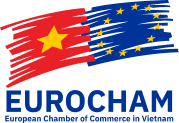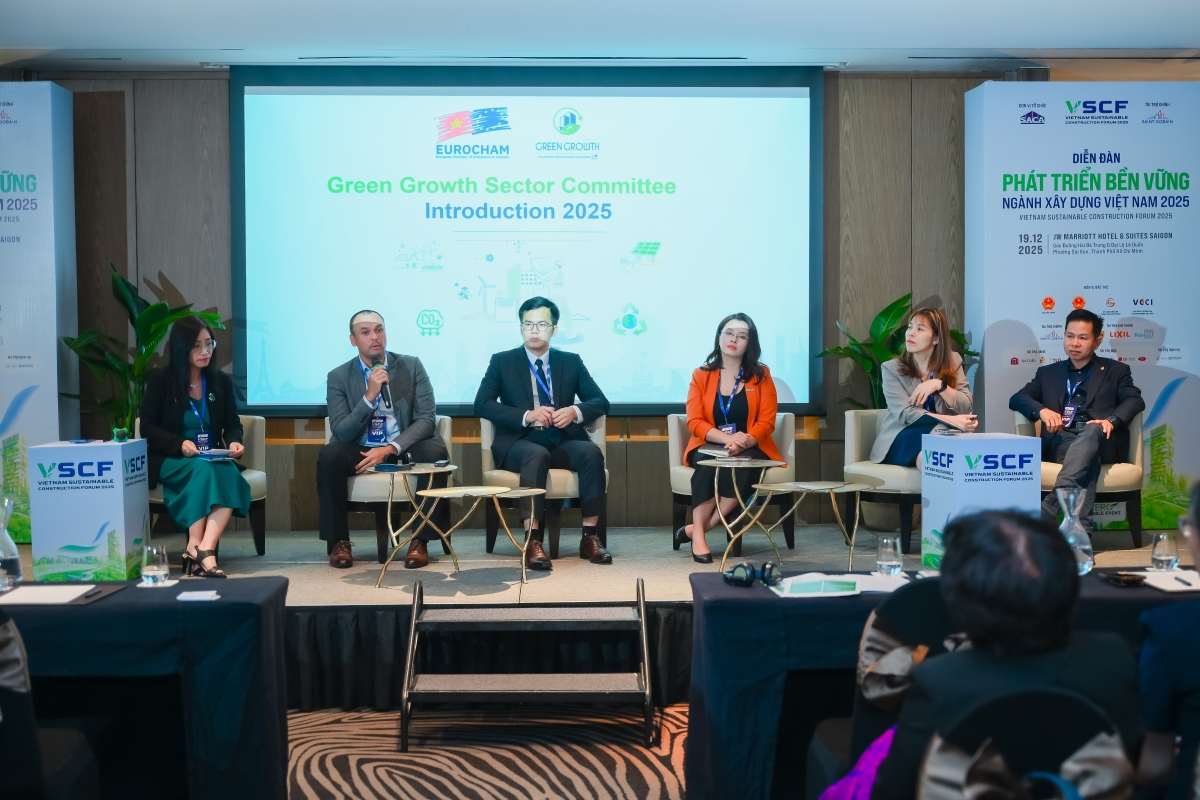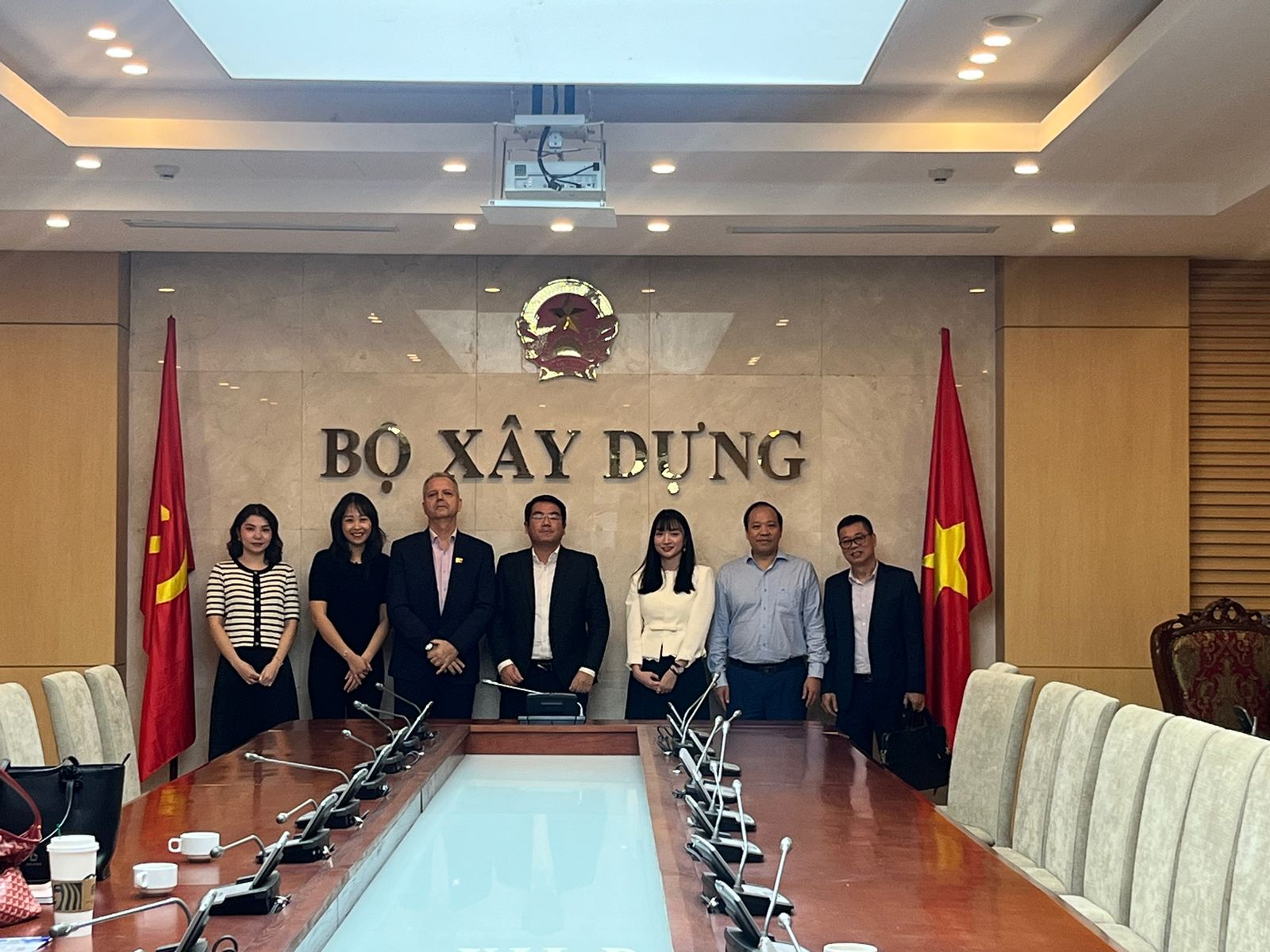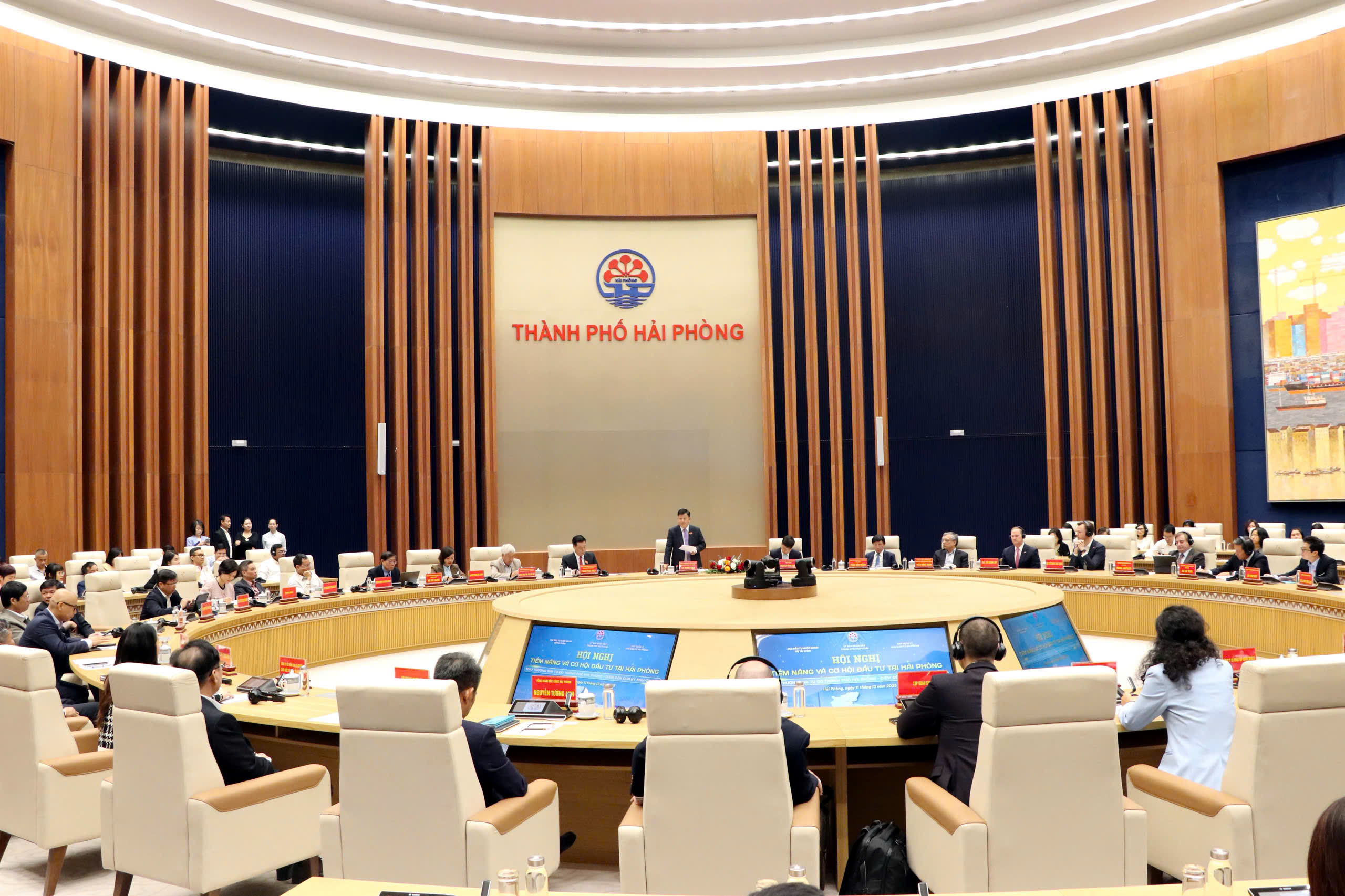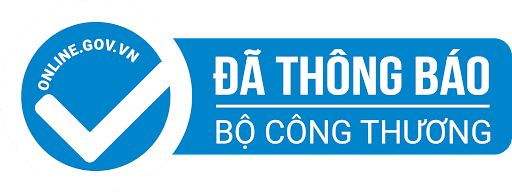On 25th May, at Sofitel Legend Metropole Hotel Hanoi, EuroCham Vietnam organised the first business luncheon after many months of pause due to the pandemic. There were nearly 50 participants joining the event, who are representatives of EuroCham members, businesses in different sectors and EU member state diplomatic missions.
Business Luncheon at Sofitel Legend Metropole Hanoi
In his opening remarks, EuroCham Vice Chairman Torben Minko welcomed all guests and introduced the topics as well as speakers of the event. Vietnam's economy is on the way to recovery after the 4th wave of Covid-19 pandemic emerged at the end of 2021. Policymakers made clear that they intend to stick with the new strategy of living together with the virus thanks to the success of the country's mass vaccination program. This has resulted in higher confidence among consumers and more robust economic activities in the domestic market. However, together with the economic recovery, inflation and financial risks may also be increasing. The Vietnamese government has set an inflation controlling target for 2022 at 4% although certain factors such as the increasing geopolitical risks and skyrocketing prices of key global commodities are causing difficulties for this goal.
Mr. Andrew Jeffries – Country Director of Asian Development Bank in Vietnam
Mr. Andrew Jeffries – Country Director of Asian Development Bank in Vietnam (ADB) has 28 years of professional experience including over 13 years with the Asian Development Bank (ADB). He is currently the Country Director for Viet Nam, serving as ADB’s representative and is responsible for ADB operations in the country. ADB’s main instruments for helping its developing member countries are policy dialogue, loans, equity investments, guarantees, grants, and technical assistance.
Mr. Jeffries states that Vietnam has a successful transformation from a low-income to middle-income country, with impressive progress of SDG implementation. According to UNDP statistics in 2019, Vietnam ranks 51st on 165 countries in overall performance, and GDP per capita almost doubled in 10 years. Moreover, the country also has a very stable macroeconomic environment. However, COVID-19 pandemic slowed its growth in 2021. With the arrival of the Omicron variant, new COVID cases surged in developing Asia and around the world. Fortunately, vaccination has progressed significantly, hence, GDP growth in developing Asia countries will continue to be strong.
Vietnam’s economy is set for a strong rebound in 2022 and 2023. The strong recovery is supported by manufacturing industry, expanding trade, robust foreign investment, slowly recovered services, and monetary and fiscal stimulus measaures and restored domestic demand. There are however, some risks to the outlook as follow: high new infection cases may obstruct the economic recovery, escalating global geopolitical tensions arising from the Russia – Ukraine conflict could spill over to Asia including Viet Nam, through sharper-than-expected increases in energy and other commodity prices. Besides, aggressive tightening by the US Fed could trigger financial market volatility, capital outflows, and currency depreciations, raising financial stability risks in the region. Last but not least, slow implementation of the monetary and fiscal stimulus would slow economic recovery.
In conclusion, there are potential impacts of inflation on the post-pandemic recovery: 4% inflation would mute the impacts of the 2% VAT tax cut of the recovery package, increase the cost of infrastructure projects as material costs rise, and possibly lead to delays; dampen the total aggregate deand, as firms and households restructure their investments and reduce spending.
Next, Mr. Tim Leelahaphan – Economist from the Standard Chartered Bank in Vietnam and Thailand shared a presentation on Vietnam’s moving back to high growth. Tim is responsible for macroeconomic coverage of Vietnam and Thailand, based in Bangkok. He is regularly quoted in the media and received votes for the Institutional Investor 2016 All-Asia Research Team. He stated that Vietnam is still a key link in the global supply chain, a regional manufacturing hub for sectors such as electronics, with a steady rise in tech exports.
Mr. Tim Leelahaphan – Economist from the Standard Chartered Bank in Vietnam and Thailand
Economic recovery in Vietnam shows signs of broadening, with SBV likely to support the economy and FDI disbursement has resumed growth this year after contracting in 2021. Also, recovery may accelerate markedly in 2022, starting in late Q2. Inflation remains under control for now, and price pressure may be stronger later in 2022 and 2023. Balancing economic growth and price stability has been a challenge for Vietnam as growth is prioritized over curbing inflation, which could be accelerated by prolonged global supply chain disruptions due to COVID and geopolitical uncertainty.
Furthermore, the global shift towards monetary tightening also limits the SBV’s policy flexibility. Rising global interest rates are likely to persist for the next few years, resulting in higher investment costs for businesses. Low rates domestically could push local investors to continue to search for yield, give rise to concerns about financial stability and surge in corporate bond issuance, particularly by real-estate companies and borrowers with high interest rates, is a concern.
Albeit challenges, the economy is forecasted to continue to recover and gradually move back to high growth. However, clear rebound in domestic spending is still awaited, while external position has weakened. Trade balance swung to a surplus in late 2021 and recovery in tourism sector might take time. International tourism is likely to remain subdued near-term, even when restrictions are relaxed. Fiscal deficit may continue, government targets average 2021-25 deficit of 3.4% of GDP. Besides, rising global rates also pose a challenge for an accommodative SBV: onshore credit growth in 2021 was below the historical average, and SBV cut interest rates in 2020 and has kept them low to boost the economic recovery. Inflation has started to rise on supply-side factors but has been largely contained. Vietnam targets average annual GDP growth of 6.5 to 7% for the next five years.
The presentations were then followed by the Q&A sections which was moderated by EuroCham Vice Chairwoman Claudia Anselmi. Our two speakers received various questions from participants about internal and external pressures on the inflation rate in Vietnam, possible risks from imported inflation and some recommendations.
Vice Chairwoman Claudia Anselmi moderated the Q&A section
Guest Speakers with EuroCham Board of Directors and Advisory Committee
